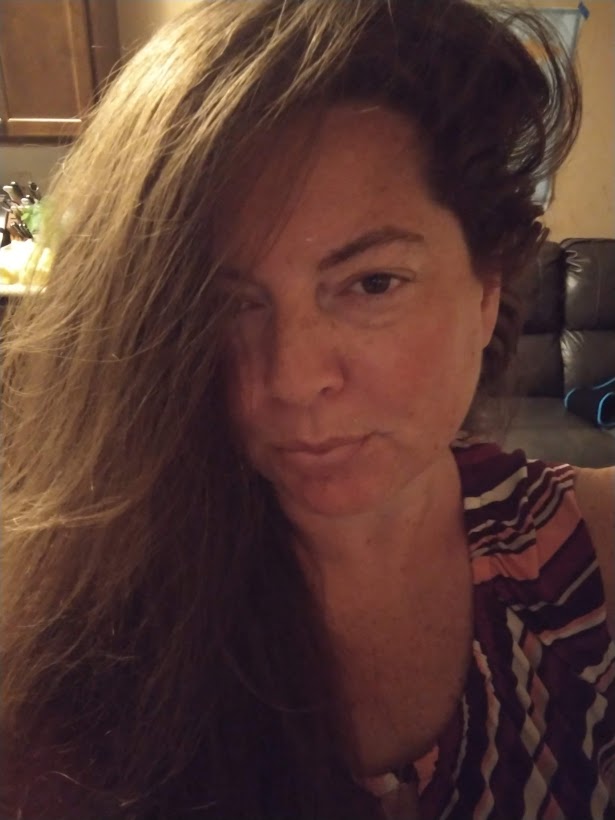
Social media is filled with random psychological advice, blasted from one random account out to the entire world, who they are attempting to heal. This is, first of all, a gross violation of ethics. You can’t give psychological advice to someone you haven’t diagnosed formally, or, in this case, have never even met! But, you see, we in western society have homogenized all of humanity into one set of behaviors, and we firmly believe that what we think about humanity applies to all humans. We have serious enmeshment issues.
One of the latest narratives goes like this. “All” of us deep down want the love and adoration of our parents. If we don’t get it, we’ll go on a forever journey to get it, causing all sorts of toxic behaviors. And since so many had unloving parents and also have toxic behaviors, it makes sense to them. Correlation equals causation, right?
The more I dig into trauma therapy, the more I see how ripe for manipulation it is. I read about Marilyn Monroe (Norma Jean–her real name) that her “acting coaches” told her she had to go revisit her various, brutal childhood traumas to help make her a better actress. In truth, it was just a bunch of emotionally manipulative garbage, as powerful men around her used her for their own sexual and financial gain. I was somewhat stunned to learn that this tactic has been around for quite some time: using this sense of “therapy” to better a person, but, in truth, it is just emotionally manipulative.
I used to buy into trauma therapy. I do think there is some good in it. Of course there is–it couldn’t be exploited otherwise. However, as humans do, when they have a hammer, everything looks like a nail. I read a story once of a man who got put through all the trauma therapy, including re-enacting beating up his mock abusive parents. As it turns out, the guy just wanted to get laid. And this is my basic point: your problems are in the now. Usually, a “now” solution is what you need. If you had toxic parents, there might be some emotional, social, or life skills you are lacking, such as would otherwise help you get a date, become calm, whatever. For example, if you didn’t have a soothing mother, you might need to learn how to soothe yourself before you go into a panic attack. Or, as another example, for me, to calm down my social anxiety, I started doing belly dancing moves. Doing an ummi (small hip circles) is powerful for me, as I go into a totally new social situation.
I had emotionally abusive parents. At no point did I want their love. I just wanted be free of them so I could go do my thing, my own way. This theme is rather common, as can be found in some of our epic fictional stories. As the Titanic sinks, Rose is able to leave her mother behind. She doesn’t look back. She starts her new life. This is what life does: it sheds the old and starts the new.
A two-parent family is a relatively new human social structure in the overall course of evolution. Why would “all” of us have a vague, deep need for the love and adoration of a mother or father? We don’t. Many people have described how they succeeded because a random stranger helped them, perhaps a coach or teacher. We’re much more designed to grow up in a community, and, of this enormous community, someone, somewhere, is bound to meet your developmental needs as a child. It doesn’t have to be your mother or father. It doesn’t even really have to be anyone, if you start to find your own success. That these communities are breaking down is part of the problem.
And, in my own experience, having NOT grown up religious, I think the “people pleasing” problem people have, or this deep desire to “have the love of a father,” is a product of religion. Religion puts in you a sense that you have to be good, less you be shamed, not get into heaven, not please your parents, what have you. It gives you this expectation to please your “father.” And when you don’t, well you fell short. These self-harming behaviors are much more a product of any given moral system, which is always heavy in shame, anxiety, fear, and judgment. But we don’t question our entrenched moral paradigms, do we?
Without effective solutions, “health” becomes this esoteric thing. We go to therapy for hours, applauding ourselves and each other that we are healing and breaking down old prejudices. We explore the issue forever, with no real result. We forever “needed to hear” what random social media sites tell us about healing our mother wound.
It shouldn’t be like this. There should be answers and resolution. Answers and health are possible. If the ball is constantly in your court, if you are constantly told to “heal,” the heat is always on you. You are admitting how broken and in need of help you are. The heat is not on the person who is exploiting you, say, by charging you an hourly rate for their advice or making sure they are the only person listed in a very wealthy actress’s will.
Very powerful psychological advice is out there. It’s not usually on social media, however. It’s not in psychologist’s office, either. You’ll find it in books, so widely available on e-book readers now, for what is usually a very, very humble price.

Amber is weird because she can afford to be. The book is going to The Moral Bias of Objectivism: How Moral Ideals Cloud Objectivity